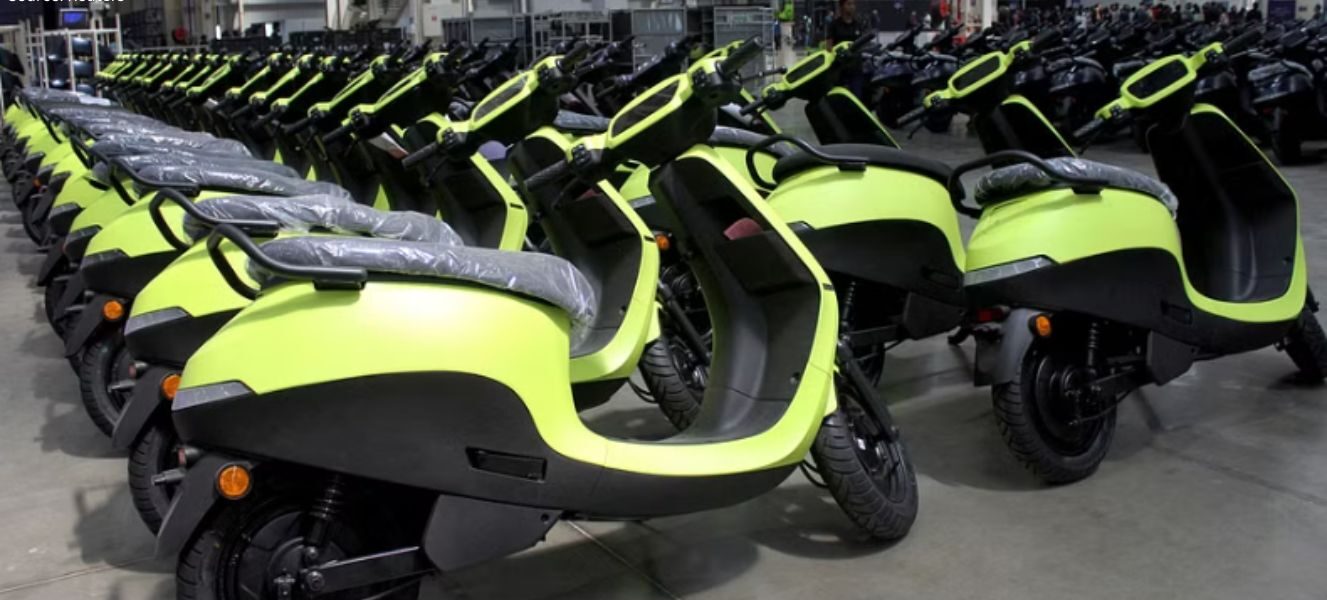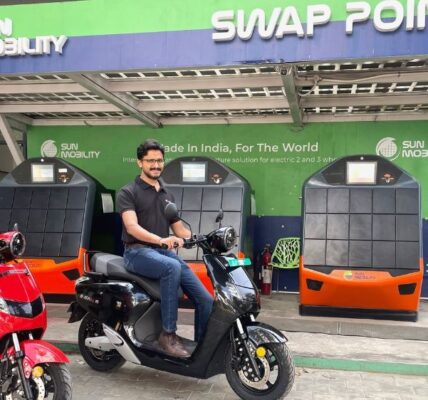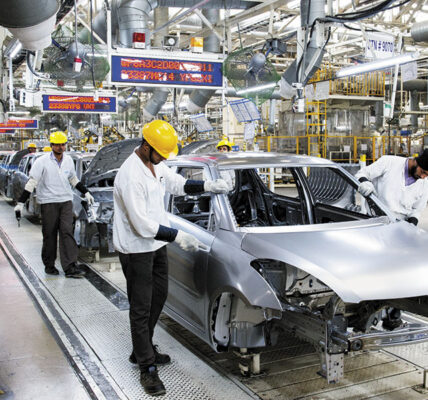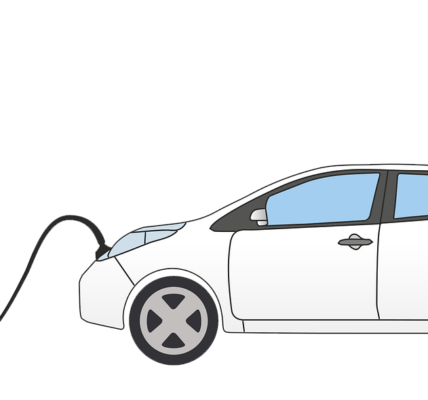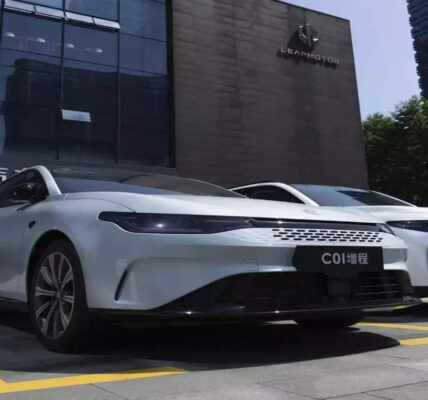Bhavish Aggarwal, often regarded as India’s counterpart to Elon Musk, is on a mission to accelerate the adoption of electric scooters and propel India toward a greener future. Aggarwal’s company, Ola Electric, often likened to Tesla in the West, is gearing up for a stock-market listing after achieving remarkable success, selling 338,000 e-scooters in about two years. The 38-year-old tech entrepreneur aims to phase out internal combustion engines (ICE) in India, where two-wheel vehicles dominate the roads. Aggarwal stated that they intend to “end the ICE age” ahead of the launch of new Ola e-scooters starting at around $1,000 on Indian Independence Day, August 15. Ola Electric, currently valued at $5.4 billion, plans to quadruple its annual production capacity to 2 million e-scooters by early next year.
Despite Ola’s rapid growth, challenges have emerged. A nationwide network of over 400 service hubs responsible for maintaining and repairing EVs is showing signs of strain, as reported by Reuters. Visits to 35 centers in 10 states between July and October, coupled with interviews with 36 Ola service staff and 40 customers, revealed that more than half of these centers, particularly those in major metropolitan areas like Mumbai, Chennai, and Bengaluru, are experiencing significant backlogs. Demand has outpaced the workforce or the availability of spare parts, resulting in repair waiting times ranging from three days to two weeks. An Ola workshop in Thane, one of the largest among the 14 centers in the Mumbai region, showcased over 100 e-scooters awaiting repairs outside. Many of them were parked in a muddy clearing, gathering dust and littered with bird droppings, indicating potential challenges in coping with the surge in demand.
Devendra Ghuge, a service manager in Thane, conveyed to Reuters in late October that the service center’s workload had surged from 200-300 cases to around 1,000 per month over the past four months, leading to extended waiting times of up to two weeks. Back in January, Ola’s founder and CEO, Bhavish Aggarwal, had assured customers of the capability to bring their vehicles to a hub and receive same-day service in most cases.
In an August interview, Aggarwal acknowledged that customers were consistently choosing Ola EVs, but he also recognized the challenges in service capacity. He outlined Ola’s aggressive strategy to enhance the service network, with plans to add 100 new centers and hire additional technicians, emphasizing the need for scaling up the service network to match the growing demand. Despite these challenges, he emphasized having the highest number of products on the market. A spokesperson from Ola contested the accuracy of Reuters’ reporting, asserting that it failed to accurately represent the scale and quality of the company’s expanding service operations. Ravi Bhatia from JATO Dynamics, an auto consulting firm, emphasized the critical role of a robust service network in India, the largest two-wheeler market globally. He pointed out that Indians are relatively new to tech-packed EVs, which can be more sensitive to bumps, and stressed the importance of building infrastructure for service, given the challenging driving conditions in India.
Ghuge, the manager at Ola’s Thane workshop, pointed out issues reported in service, including battery drainages, software glitches, and damaged wires. He attributed the increase in service demands largely to the lack of experience among Indians in driving e-scooters, especially on the country’s frequently poorly maintained roads. Ghuge emphasized that numerous vehicles had experienced damage due to slipping on roads during the monsoon season.


